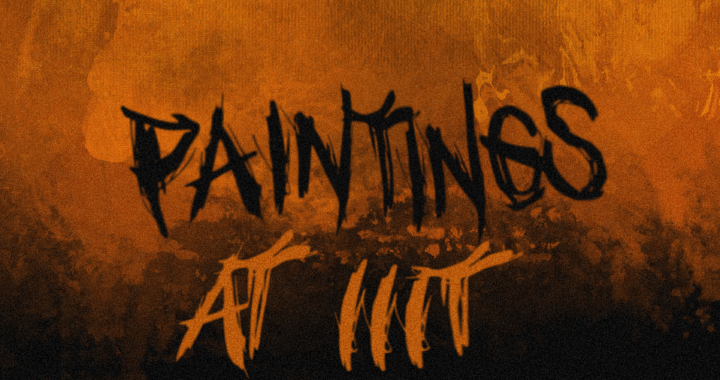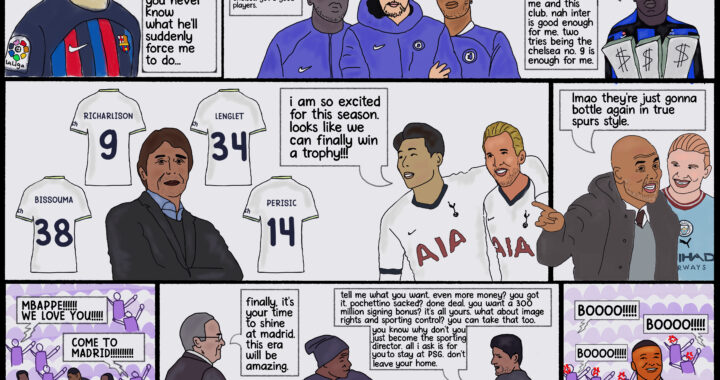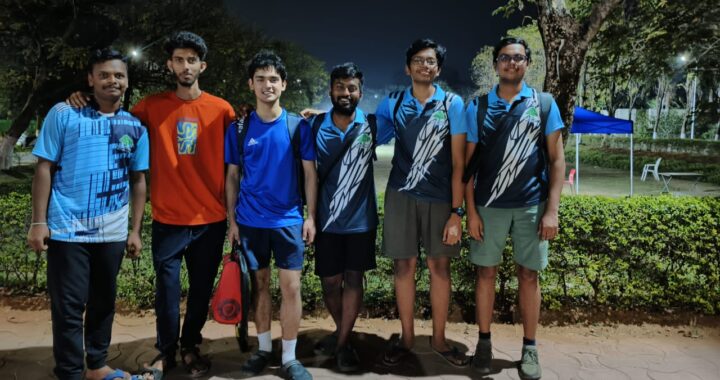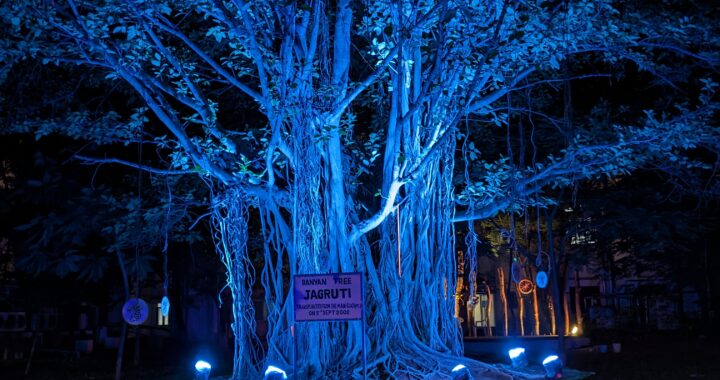Dying Campus Culture?

With each passing year, IIITians are shining in the world of computers. Google, Facebook, Microsoft, Amazon and other leading software companies are eager to pick up students from our college. Both the average salary and the AIEEE cutoffs are increasing every year. With the highest placement stats all around and a self-confessed love for research, our college is climbing up the ladder in the list of India’s top colleges. Every year, IIIT-H produces technically sound candidates to fulfill the requirements of top companies around the globe.
It is a well known fact that to get a fat paycheck, one’s coding skills should be impeccable. As the status of “bond coders” increases in our college, there seems to be a parallel decline in the campus culture and the general participation of students in various sporting and cultural events. Is it that we don’t have talent here, or that this talent has become reluctant to take part in events which have no “placement value”?
This dullness in the student life on campus may be attributed to various factors, the most prominent one being the workload. A recent survey taken by IIIT-H students on campus life showed that students don’t often participate in events they are interested in due to the academic load. Also, it was seen from the survey’s results that assignment deadlines across courses are often clustered around the same time, overwhelming the students and leaving them with little time for the extracurriculars. The increase in the minimum credit requirement, the strict attendance policy and the difficulty with which students get leave further increases the academic load. Also, since most of the companies coming here look for coders, there is very little incentive to participate in extracurriculars. A strong focus on research is well and good, but imagination and creativity which are essential in research need to be encouraged too. HSS and HV help students in this aspect, but the chance to express themselves freely is denied to them due to the restrictions imposed by the tough academic curriculum.
Another culture which seems to be dying down in our college is the sense of togetherness. There is a stark lack of interaction amongst students across batches, genders and regions. There are many possible reasons that could be causing this. For example, every event that brings the college together has some competition as its basis, be it inter-house or inter-batch, allowing the students to interact with only a portion of the student body which takes part. Another one is the inactivity of clubs on the campus. Clubs allow students to meet people with similar interests and enjoy a hobby. But most clubs in campus lay dormant, due to lack of time or student interest. Also, the lack of grand celebrations for festivals leads to a poor turnout of students. During such events, students prefer to remain in their rooms, pushing to get some work done or catching up on their sleep. Our college needs more platforms for like-minded people to interact with each other.
The above phenomenon is quite evident on campus in the divide between regional groups. In this case, increasing platforms for student interactions isn’t the only way, it is a matter of being more open-minded. To an extent, the system followed in our college increases this barrier more by dividing the HV groups according to mother tongue in a student’s first semester in college. As the HV course provides us with a discussion group, we recognize the view that a student should be in a group that allows him/her to feel comfortable in voicing his/her views. This comfort often comes with speaking in the language one is most fluent in. But interacting with different people from different places should be encouraged as it is a useful social skill and allows a person to form an opinion of another individual, rather than basing their judgment on stereotypes. Most project teams comprise of close friends or wingies, effectively limiting the chances of interacting with their counterparts from different regions. All this has led to the creation of little islands on campus, groups of people who hang out together and don’t make the effort to interact outside of their clique.
In yet another unwanted trend, interactions between juniors and seniors seem to be declining with each passing year. It was only two years ago that the institute cracked down on ragging, and since then the so-called ‘healthy interactions’ have been replaced with nearly no interaction between the batches. While the evil of ragging has been done away with, we haven’t come up with a way to break the ice with new batches entering into our fold.
The system cannot always be blamed, students must also take the initiative. The tendency to postpone things till the last moment, whether it be assignments or event preparations, often, lands us in a soup. Practices don’t start on time. Messcom and Hostel committees’ appeals for feedback often fall on deaf ears. Clearly, both sides are equally guilty.
We hope that positive steps are taken to rectify the situation. The college must begin to recognize the importance of such events and provide more than just monetary support for the same (like laxation in attendance, easier to gain access to resources like rooms, equipment etc). Students must become more active and manage their time better. Doing assignments regularly, keeping up with the coursework, practising regularly instead of last minute rush, etc. are just a few of the many possible changes that we need to inculcate, to change the situation.
IIIT-H needs to produce wholesome individuals who are not just well-versed with codes and textbook human values, but can stand up for their beliefs and are not afraid to implement these in practice. Events like Felicity which give us a platform to showcase our talent, need to be taken a lot more seriously. They give us a chance to think outside the box and work with limited resources to produce things. “Logic will get you from A-Z. but imagination will get you everywhere”, said Einstein. It’s high time that we work together to change the situation and make the campus more throbbing, more lively

 Paintings of IIIT
Paintings of IIIT  Football: The 2022/23 Pre-Season Saga Illustrated
Football: The 2022/23 Pre-Season Saga Illustrated  What If Online Was The Norm
What If Online Was The Norm  Not For Long
Not For Long  A perspective on sports in IIIT
A perspective on sports in IIIT  The Tale of Jagruti
The Tale of Jagruti  Cleaning up the Mess?
Cleaning up the Mess?